Major change to Long Covid and chronic fatigue treatment in Australia to help sick patients
Guidelines to treat the 750,000-plus Australians who have Long Covid and chronic fatigue syndrome are more than two decades old. See the plan to fix them.
Coronavirus
Don't miss out on the headlines from Coronavirus. Followed categories will be added to My News.
Exclusive: Discredited and out-of-date guidelines for Long Covid and chronic fatigue syndrome will be scrapped because they actually make patients sicker.
And the Albanese Government will spend $1.1 million to have the National Health and Medical Research Council develop new guidelines in consultation with patient groups, health professionals, and medical scientists.
The debilitating conditions, which now afflict 750,000 Australians, include extreme fatigue, sleep issues, pain, problems with memory, sensitivity to light, touch and sound, problems with standing and balance, and body temperature.
The current treatment guidelines are 23 years out of date and their call for Graded Exercise Therapy has been shown to be harmful and is out of step with guidelines in other countries.
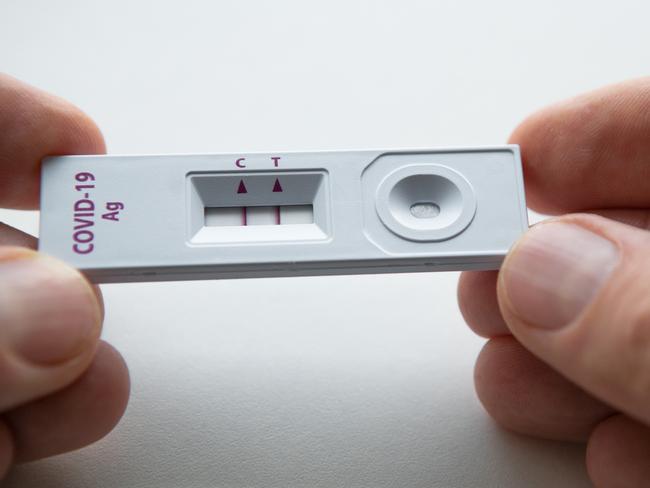
“Other countries guidelines have discredited graded exercise therapy and cognitive behavioural therapy as valid treatment for people with ME/CFS,” Emerge Australia CEO Anne Wilson said.
“We still have guidelines that no-one else uses.
“We’ve got one case that we’re aware of right now in New South Wales, where as a result of a family not wanting their daughter to have to undergo graded exercise therapy in hospital parents are being forced to accept that treatment because it’s in the guidelines.”
Ms Wilson said “medical misogyny” and “medical gaslighting” saw too many doctors refuse to recognise the conditions, which can leave patients bedridden for years, as real. Others had no idea how to treat it.
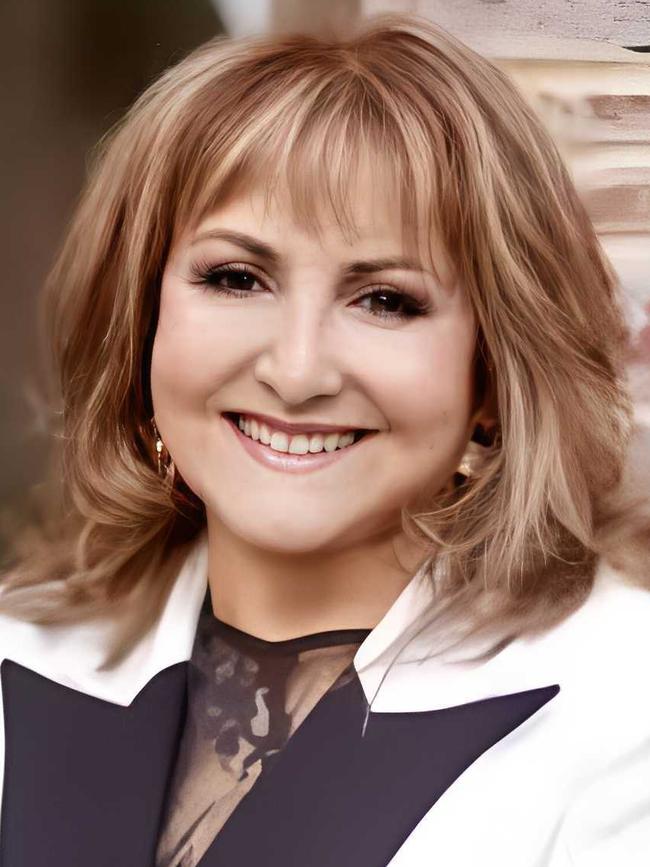
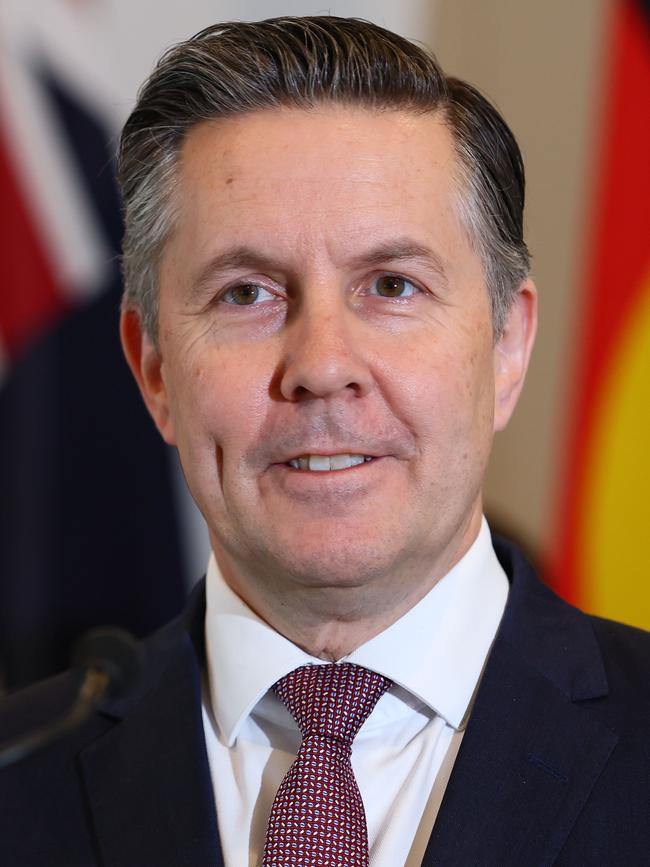
Health Minister Mark Butler said the development of new Australian clinical guidelines “will provide GPs and their patients with better diagnosis, treatment and care”.
“I’d like to thank people with ME/CFS for their ceaseless campaign to be heard and believed in the face of, frankly, years of doubt and disregard,” he said.
The conditions have been estimated to cost the economy $14.5 billion per annum in lost productivity.
Ms Wilson pleaded with the government to go further and spend $50 million on research into treatments and a test for the conditions.

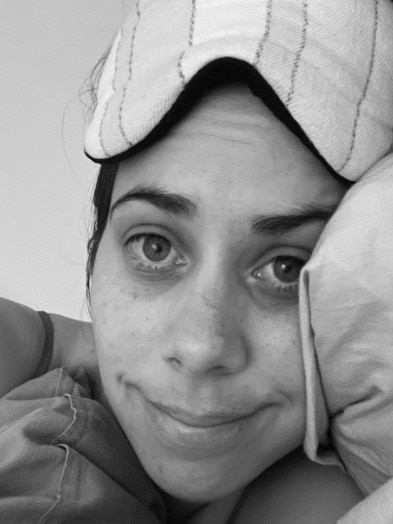
Stacey Hollings, 29, went from being fit and healthy to stopping work five years into her career as a performing arts teacher and moving back home with her mother because of a chronic illness.
She never recovered from a case of pneumonia in 2019, which was then compounded by two bouts of Covid in 2022.
“It totally changed my entire life,” she said.

Diagnosed with Long Covid or Myalgic encephalomyelitis/chronic fatigue syndrome (ME/CFS), Ms Hollings can’t watch television or read a book and she spends all day in bed.
“I’m exhausted, its different to a normal kind of tired feeling. I have flu-like symptoms every morning when I wake up, and things like headaches and nausea and a sore throat. They just became normal parts of my everyday life,” she said.
Ms Hollings also developed atrial fibrillation, an irregular heart beat that puts her at risk of stroke.
“If there’s eventually one day a diagnostic test and a treatment specifically for ME/CFS. That would be a dream,” she said.
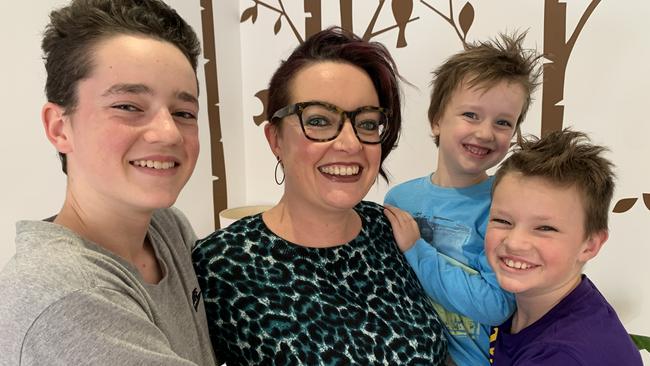
Like Ms Hollings, Covid destroyed Alicia Newnham life two years ago, transforming her from a busy mum running her own cleaning business to bedridden 90 per cent of the time.
“I have a husband and three active boys and I have been unable to be a part of their lives in any capacity for all this time,” she said.
“One day I couldn’t get out of bed and it was that sudden.”
Ms Newnham has more than 100 Long Covid symptoms, including brain fog, vision problems, and lack of smell. She can often sleep until 6.30pm and miss an entire day.





